Are You Living By Your Core Values?
Join me on the latest episode of Superfan Attraction, where I dive deep into the importance of core values.
As artists and creatives, we have the power to heal, transform, and elevate lives. But in order to truly tap into that power, we need to understand and live by our core values. Core values are the fundamental beliefs and principles that guide our behavior, decisions, and actions. They serve as a moral compass, shaping how we interact with others, make choices, and prioritize our goals.
In this episode, I’ll be sharing my personal experiences with core values and the valuable lessons I’ve learned along the way. We’ll discuss the importance of evaluating and prioritizing our core values, and how they can lead to a stronger sense of self and authenticity.
Transcript:
Diane Foy [00:00:00]:
Artists and creatives, you have the power to heal, transform, and elevate lives. Are you ready to step into that power? Hello, and welcome to Superfan Attraction, personal branding for artists and creatives. And today I want to talk about core values. I coach my artists and create on core values. It’s one of the first steps of the Superfan Attraction method that I created. And it all starts with your future vision.
What is that you really want and why do you want it? What is your purpose? What is your top core values? And I drive it in of how important it is and to really know the order of your top values so that any decision that you have to make, does it align with what I really want, my future vision, does it align with my purpose, my why? And does it align with my core values, my top core values?
And the last four months of my own life, my values have been tested, and I’m realizing that these exercises are great in theory, but how often do you really get them tested? And then that’s when you really know what your core values are. Because in theory, I know my list of core values was creativity and resourcefulness knowledge, independence, integrity, and personal development, and freedom.
Diane Foy [00:01:59]:
Freedom is one of my top ones, and these are things that are important to me in what I do in my life. But when your core values are tested, you start to realize that maybe creativity is not the most important thing in the world. Especially, I know, I tell my clients to evaluate your core values, and when you get them to your top five core values, then evaluate them against each other.
Like, if creativity is one and integrity is one. Okay. Against each other. If you really had to choose one or the other, which would you choose? Well, I would choose integrity. And then between freedom and compassion, I might choose compassion, or maybe you choose freedom.
Diane Foy [00:03:11]:
But to really put them up against each other and forces you to choose which one’s more important to you. And that’s when you really get your top five core values. And I know I’ve done this exercise a lot myself, but again, when you’re doing the exercise, you’re not really thinking in reality terms, in specific situation terms.
And so having your core values tested, I’ve realized that my order might have been a little off. I discovered a new value that I didn’t know was even in my top. And I just want to share with that you. Today, I’m going to share you with you my personal experiences, but also teach you a little bit more about core values and why they’re important. So, core values, okay, first let’s talk about why they’re important or what they are.
Diane Foy [00:04:16]:
Even core values are your fundamental beliefs and principles that guide your behavior, guide your decisions, guide your actions in life. These values represent what’s most important to you as a person and it serves as a moral compass and influencing how you interact with others, how you make choices, how you prioritize your goals and some key aspects of core values and why they’re important. They’re guiding principles, they help you navigate your life and provides a sense of direction and purpose helping you make decisions that align with your beliefs and goals.
Core values are part of your personal identity. Core values are a fundamental part. They reflect who you are and what you stand for. Identifying and embracing your core values can lead to a stronger sense of self and authenticity and consistency. When you make decisions and act in align with your core values it promotes a consistency in your behavior and that consistency is noticed by others.
Diane Foy [00:05:46]:
And I think it will help others know what your core values are. Because I think of it, I look sometimes my friends and I go, we maybe never even had a conversation about core values, but I can look at some of them go, well, I can tell that integrity is very important to this person. Just in the way they act, the way they make decisions, the way they have relationships.
Whereas other people there might be honesty is the number one. Just again, the way they act, the way they react to things. Core values can serve as a framework for resolving conflicts and making difficult decisions. When faced with choices, individuals can evaluate which option aligns better with your core values. It helps in goal setting.
Diane Foy [00:06:46]:
When you set goals that align with your values you’re more likely to be motivated and satisfied with your achievements. Living in accordance to your values, it tends to lead to greater personal fulfillment and happiness. Because when your actions and decisions reflect what you truly believe in, that adds to your sense of purpose relationships. Core values are a foundation for strong and healthy relationships.
And when people share similar values you tend to understand and support each other better that relationships do not work. When your values are not aligned, when your values are opposite, it’s not a match. So in career and workplace identifying your core values, if you have a company and a business you can determine core values. And when you choose who you hire, employees, even clients.
Diane Foy [00:08:05]:
I’m so clear in my values now that I attract similar in clients. And so a lot of times my clients and I can really identify with each other because we share the same values. And core values are about ethical behavior. It drives your integrity, honesty, empathy to live a life of purpose. Our values should determine our priorities in life and they’re generally the measures we use to determine if life is heading in the right direction. When life is going pretty well, we’re confident and satisfied when the decisions we make and the way in which we act, they match our values. And so I think that’s why sometimes values don’t even come up. You’re just living with your values.
Diane Foy [00:09:05]:
For our longest time, especially the last few years since I’ve been coaching, I’m so clear on my vision, my values, my purpose. And that’s what I get my clients to embrace as well. Because once you know those very clear when things are not going your way. So when things don’t align with our values, that’s when we start feeling like something’s wrong. And this can lead to unhappiness and frustration. And I’m really actually proud of myself.
That probably years ago when I was younger, less confident, less clear on my vision, less clear on my values, less clear on my purpose, I probably would have stayed in situations and I probably did stay in situations and work relationships, whether personal or professional, longer than I did in this case. I was out in four months and I was questioning at about two months, I started realizing that I had all this stress and anxiety when it pertained to this project that I was on.
Diane Foy [00:10:25]:
And first things that were coming up were the way this person and I worked. We didn’t have the same working style, which that’s, okay, you do you, I do me. We’re working for the same goal. The demands on my time, as there was way too many days of, oh, at any moment, I could get a call where I have to drop everything and do this. And that was making me unhappy. It was making me miserable. I was miserable and stressed and always jumpy whenever the phone would ring because what do I got to do now? And again, I just kept over and over again dropping the projects. That really mattered to me.
Diane Foy [00:11:18]:
And also I was realizing that the job was not aligned with what I really want. It wasn’t helping me move towards what I want. It wasn’t helping my purpose. If anything, it was sucking all my energy out. And this is when you start to realize that something’s wrong, and that’s when you’re not living with your values. So that’s why understanding your core values is so important, especially when that’s egging at you. I feel like my body and energy was screaming at me that this is not in align with your values. And took me a little while to realize it because I thought it was just, oh, well, it is what it is.
Diane Foy [00:12:14]:
It’s like I committed to this project, so if it demands more of my time and energy but it was demanding all of my time and energy, because even when I wasn’t working on the project, I was thinking about it, and I was tired and stressed and anxious and losing energy. So that when I could work on my own projects of what really mattered to me, I didn’t have the energy to do it. And it was all holding me back. And then as time went on, maybe halfway through this project, I thought it was me, me, that it’s not a fit for me and that’s fine.
But the more I started being core, aware of things, I started to realize that this person that I was working with basically most of the time, talking down to me, talking, not valuing my experience and my knowledge and respecting who I am and knowing my value, not living with integrity. Because I started noticing that he did not, in my opinion or it didn’t align, whatever his version of integrity, it didn’t align with my version of integrity. And so it started to make me think that it’s important to evaluate your core values. And another thing that he didn’t value is transparency.
Diane Foy [00:13:56]:
And so that’s one word that I didn’t include in my core values before, transparency. And I think it’s because I’ve done this work and I’m proud of myself that I was so clear and was able to get out of it with my integrity intact. I just wanted to also go through from this. I’ve actually added a few things to my core values trainings. There’s a lot of core value information out there. But also I’ve added defining your core values because what freedom means to me might not be what freedom means to you.
So I’ve added that in addition to knowing your top, say, 510 values, also defining them, what does that mean for you? What does that mean to you? And then also, once you determine that are you living your core values, where are you successfully living your core values and where can you improve in aligning? I want to talk about some of my top values and I guess I’ve also realized that tolerance, like acceptance, openness, open, mindedness is a very important value to me. And again, that’s not something that I had in my top values.
Diane Foy [00:15:36]:
But when it comes down to it, respect for other people, regardless of their views or lifestyle, is tolerance awareness. Apparently I had to look up some of the meanings of this tolerance. Tolerant people do not use stereotypical thinking and have no need to prove their superiority. Transparency, it’s about being open and honest. There’s no secrets. And admit when you don’t know the answer or admit that you didn’t do what you said you were going to do. And that brings me to integrity. Integrity is top of the list in my top values because it bothers me when people don’t do what they say they’re going to do.
Diane Foy [00:16:35]:
And especially when it’s repeatedly like it’s probably one of the main reasons I left PR is that too much bullshit in the industry. And I would see PR companies and publicists tell the clients or artists what they want to hear, talk them up, basically say anything to get the gig, oh yeah, we can do this, this and this, and oh, we’re going to do this. And I totally see this for you.
And I mean, the client or the artist or whoever it is that’s hiring the publicist is like, wow, they really believe in me, okay, I’m going to hire them. And then they do dick all. They’re not true to their word. They don’t do the work they say they were going to do and then they make excuses and almost blame the client. And I’ve seen it over and over again and I was never like that.
Diane Foy [00:17:37]:
So basically I wasn’t as successful because I would tell people, okay, realistically, no matter how much I love the project, if you don’t have certain things, the chances of getting major media is slim. And so I would set expectations and be honest of where I thought we could go and that there are no guarantees. I don’t take a project unless I believe that we can get some great stuff, but other publicists are not like that. And that’s why I’ve gone to coaching youth. There are ways of doing PR that is aligned in your values and there’s certain things that I will be doing.
I’m doing podcast booking now and podcast strategy because, yes, in this big PR project, you get tired of pitching 100 outlets to get like a couple of responses. It’s a tough job, PR, but podcast booking, I would pitch ten podcasts and I got three of them and the others I could probably get if I keeped at them. And that was just in a short amount of time.
Diane Foy [00:18:56]:
So it has a bigger return on investment. So I believe in podcast booking now. That is what I’m offering in terms of PR. But even another reason why I got into coaching was personal branding has to come before marketing and publicity. So if you’re not clear on your story, you’re not clear on your value, you’re not clear on your skills and strengths and what you bring to the world, what your purpose is. You’re not going to have a lot of luck with publicity and getting media if you’re not clear on that, if you don’t have your social media and don’t have a bit of an audience. So that’s what I coach about. The new Superfan Attraction playbook is out.
Diane Foy [00:19:48]:
I’ve been working on this Superfan Attraction method for artists and creatives for so long and I keep improving it and adding to it and I’m so proud of this edition. Superfan attraction. Personal branding for artists and creatives. It goes through my method of starting with personal branding. Begins with personal development that’s tap into your unstoppable motivation. We go through more personal development, personal growth exercises, and then stage two is magnetic branding. All that goes into branding your story, your bio, your photos, your image. Stage three, competitive edge, figuring out what makes you unique and stand out in your industry and be able to promote yourself with ease.
Diane Foy [00:20:41]:
Dianefoy.com/Freebie and grab that right now. Thanks for watching Superfan Attraction. If you enjoyed this episode and all that you’re learning, be sure to subscribe to the channel to connect with me. I’m Diane Foyarts on all socials and in the Superfan Attraction group on Facebook.
Core Values Coaching
If you want to have support in exploring your core values, check out the coaching page for more info.


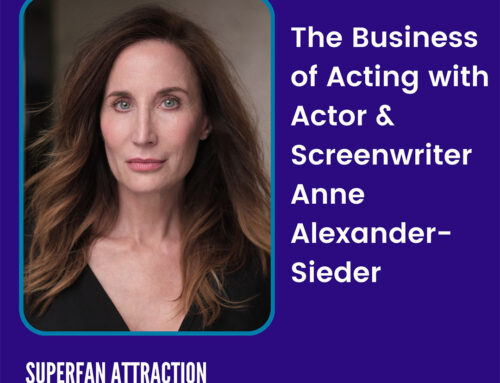
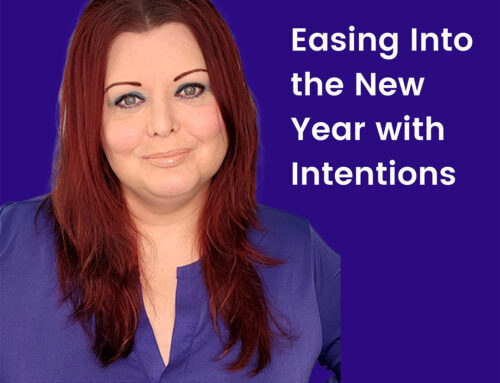
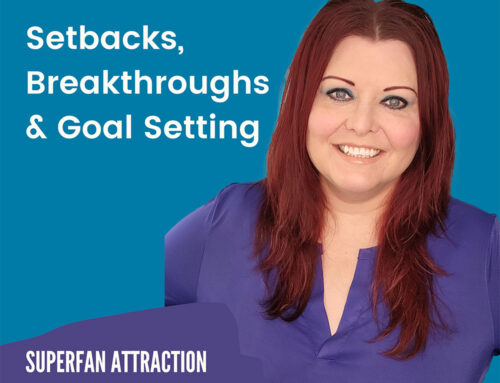
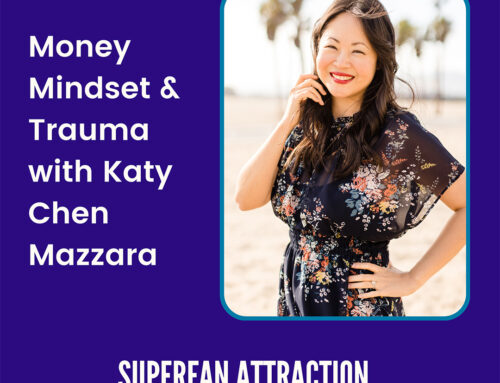
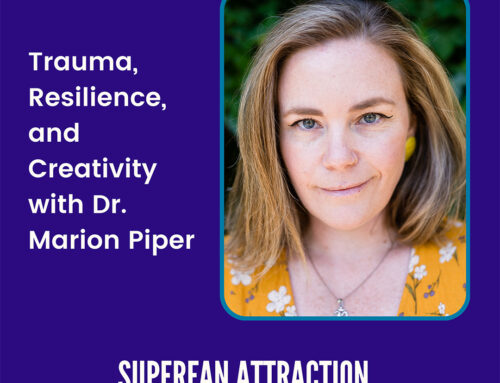
You must be logged in to post a comment.